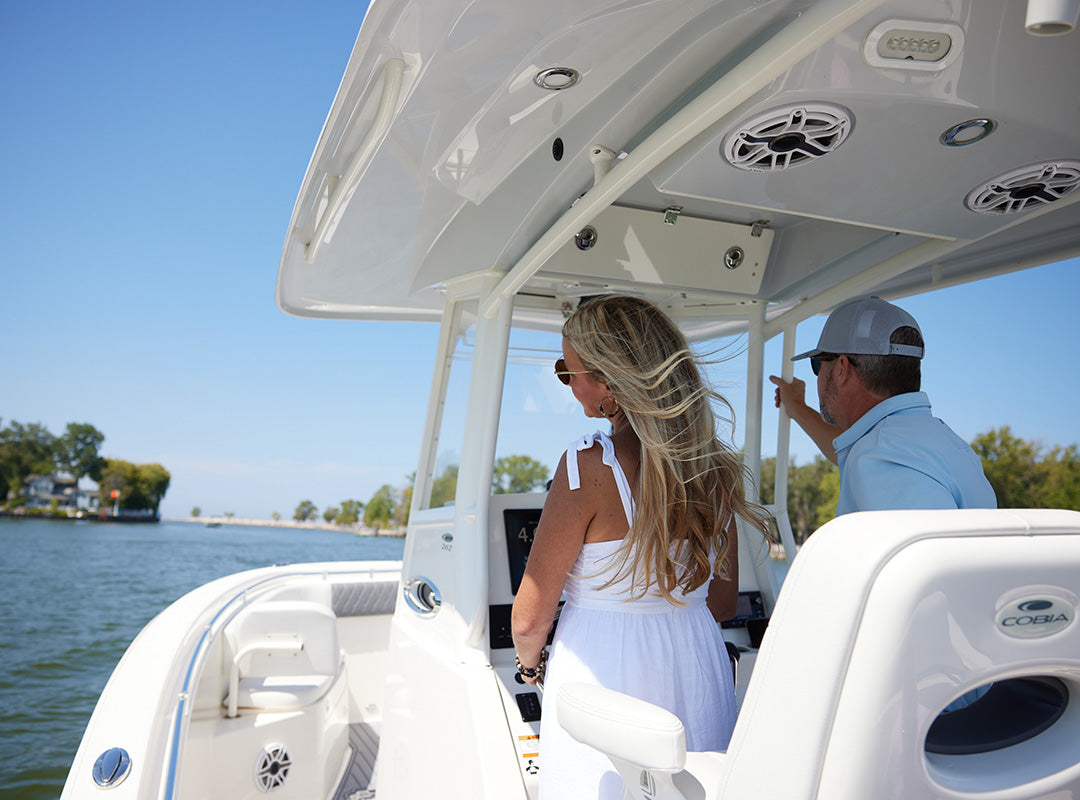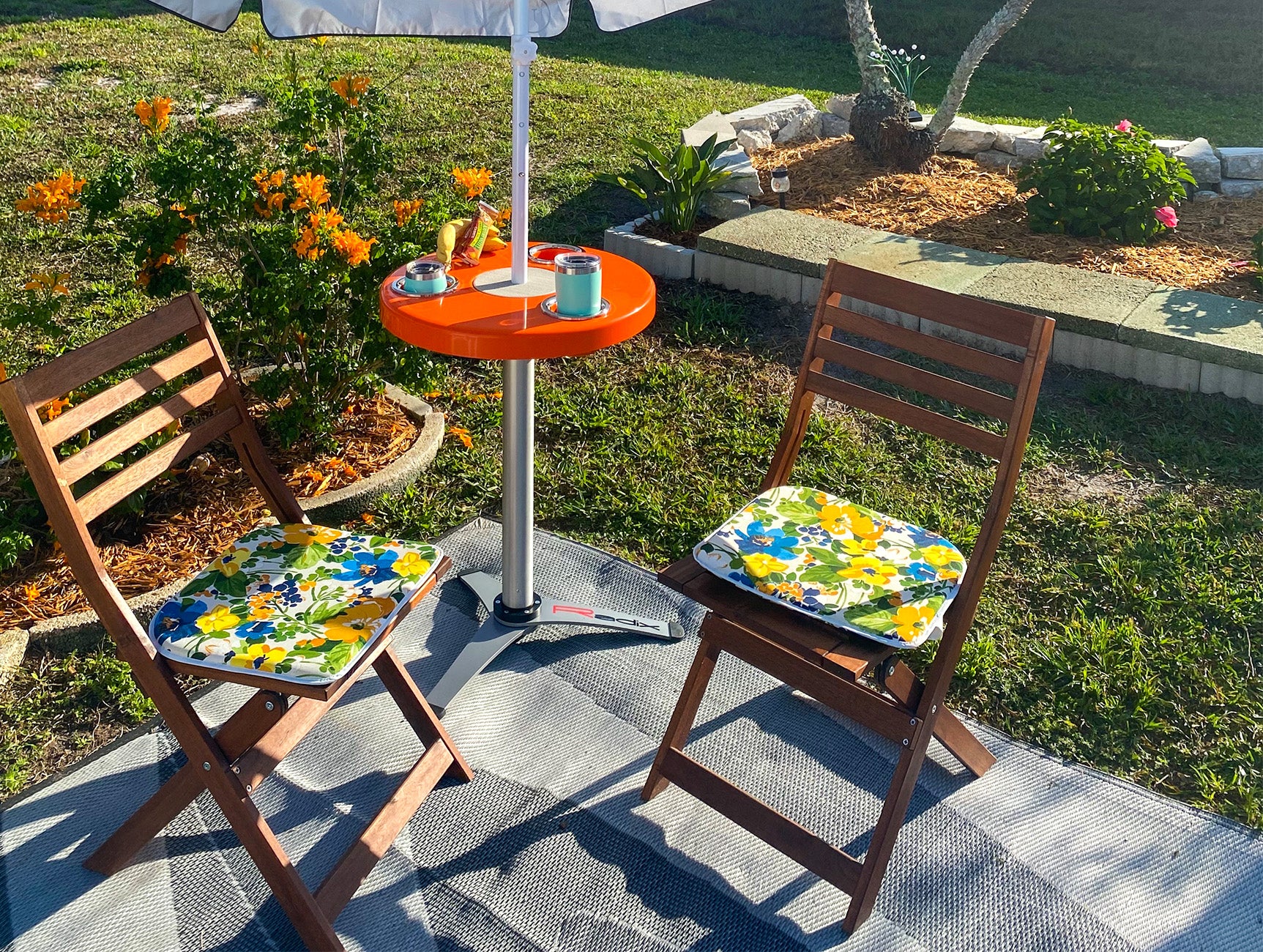It’s never too early, or too late, to start camping with your kids and encouraging a love of getting out in the great outdoors. Camping can be a great introduction to help kids foster a lifelong appreciation and respect for nature. Though it might seem intimidating, there are so many ways to enjoy camping activities—you can easily tailor the experience to fit your family’s comfort level.
Choosing Your Camping Style
The first thing to consider when preparing for an outdoor camping experience is the level that you’re comfortable with. Tenting can have the least barrier to entry in terms of cost, and there are plenty of quality tents to work within any budget. Camping in a tent requires less strain on your vehicle because you won’t need to tow a heavy trailer, but you will need space to pack everything. If you have younger kids, you can even pitch it in your backyard to spend a night in a familiar location as a test run before heading away from home.
An RV or travel trailer offers more built-in amenities and an easier transition from house to camping for your kids than a tent. However, purchasing your own can be a big financial investment that might require a larger vehicle than what you currently have. Luckily, there are options to try before you buy.
If you think that an RV or Trailer would be a better setup for you, try a site like Outdoorsy where you can rent an RV like you would a house on Airbnb. Units are either at a campsite already or can be towed to where you’re staying for you. Cruise America is another option that offers motorhome or travel trailer rentals but requires you to pick up the unit from one of their locations.

Picking a Destination
Now that you’ve chosen how you’d prefer to camp, it’s time to decide where to go and for how long. No matter which state you call home, there’s bound to be a campground nearby. Sticking closer to home for the first few trips ensures a less stressful experience because you can always stop back home for forgotten items or just be around a more familiar area. State or National Parks are a great place to start, but they fill up quickly so the sooner you make your reservation the better.
Another option is to explore privately owned campgrounds near the area you want to camp. These usually offer more amenities and facilities, such as a pool or some planned activities for kids, but they can come with higher reservation fees.
As for the duration of your stay, a weekend is a good place to start, but if you’re not sure how it will go or want to try a mini trip first, starting with one night is great too!
Always remember to check the weather ahead of time and pack clothing that will be temperature appropriate for your activities—both during the day and through the night. If you are in a tent, be sure to have an appropriate sleeping bag and clothes to sleep in for when chilly nights are in the forecast.

Games & Activities
Now that the pre-trip logistics are decided, it’s time to think about what you and your family are going to do. First is the campsite setup, which is a great way include your children in the entire camping adventure. Teach them how to set up the tent, or learn how to do it together. Giving them a task to do can help them feel more included and have more control of the experience.
Once you get camp set up, have a few activities planned for the kids. Not sure where to start? We have some ideas:
- Take a short hike on a trail or walk/bike around the campground.
- Bring paper and colored pencils/crayons to draw the scenery.
- Spend an afternoon down at the beach or pool playing in the water.
- Some state parks have Nature Centers which are a great place to learn more about local wildlife and fauna.
- Some parks offer fun activities for kids, like a scavenger hunt around the park.
Having planned activities can help immerse children into a new setting while also allowing flexibility and freedom to explore the area around them. Don’t be afraid to try something new, like renting a canoe or kayak for a float on the lake or exploring a nearby ranch with horseback riding or other animals.
Trying something that’s unfamiliar to you, too is a great way to show your kids how rewarding it can be to get out of their comfort zone every once in a while.
Key Take-Aways
However you decide to camp with your kids, including them in the process of planning, packing, and deciding what to do can help them get engaged with potentially scary experiences and learn how to overcome those nerves.
Ending the day around a campfire with some good-old-fashioned s’mores and a bit of stargazing is the perfect way to end a day of educational and enjoyable experiences for you and your kids. Camping can be the beginning to a lifelong appreciation and curiosity about nature.



